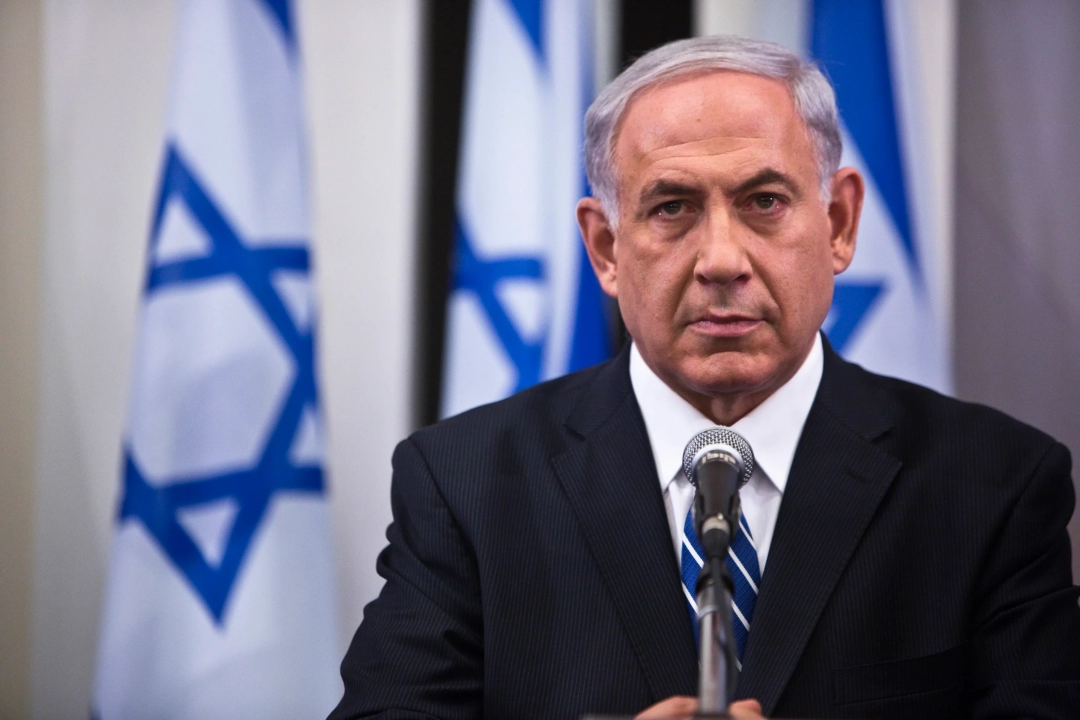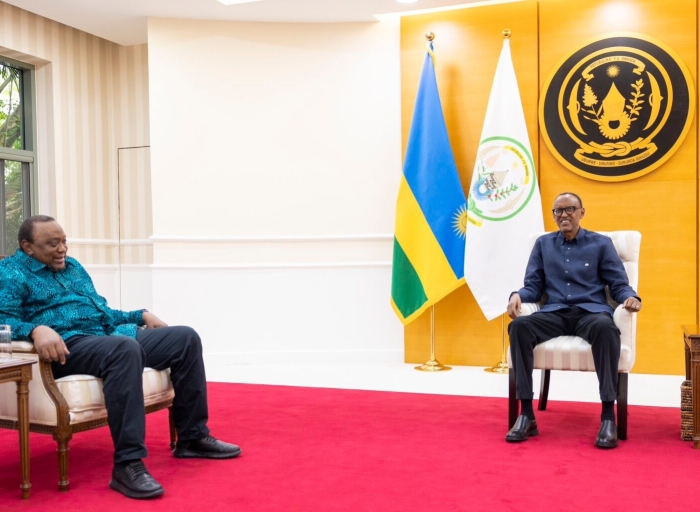Israel’s ruling coalition has been shaken after the ultra-Orthodox party United Torah Judaism (UTJ) resigned from parliamentary and government posts in protest over unresolved military draft exemptions for religious students. The move leaves Prime Minister Benjamin Netanyahu with a razor-thin majority in the Knesset, complicating his political calculus amid ongoing ceasefire negotiations in Gaza.
Six UTJ lawmakers submitted their resignations from key parliamentary committees and ministries, citing frustration over the government’s failure to ensure permanent military service exemptions for ultra-Orthodox seminary students. The resignations will take effect in 48 hours, giving Netanyahu a narrow window to salvage the fragile coalition. Adding to the pressure, Shas, another ultra-Orthodox ally, is reportedly considering a similar exit, which could deprive the government of its parliamentary majority.
The military draft issue has long been a flashpoint in Israeli politics, with mainstream Israelis demanding equitable service obligations, while ultra-Orthodox leaders insist that Torah study is central to their community and must be protected. A 2023 Supreme Court ruling mandated an end to blanket exemptions, intensifying the legislative deadlock.
Despite this internal political strife, Netanyahu still appears positioned to push forward with potential ceasefire agreements in Gaza. Indirect talks in Qatar between Israel and Hamas are reportedly aimed at securing a 60-day pause in hostilities, facilitating humanitarian aid and the release of some hostages. Though far-right coalition partners, including National Security Minister Itamar Ben-Gvir and Finance Minister Bezalel Smotrich, oppose a truce, Netanyahu is believed to have enough cabinet support to approve a deal.
Public sentiment is shifting as the 21-month Gaza war drags on. The conflict, which began with Hamas’s deadly October 2023 attack, has resulted in more than 58,000 Palestinian deaths, widespread displacement, and severe humanitarian crises in Gaza. Israel has also suffered its highest military losses in decades, with around 450 soldiers killed in combat.
As the Knesset heads into its summer recess at the end of July, Netanyahu may gain temporary breathing room. However, unless a resolution on conscription is found, the internal rift within his coalition could threaten both his leadership and the broader direction of Israel’s wartime policy.




